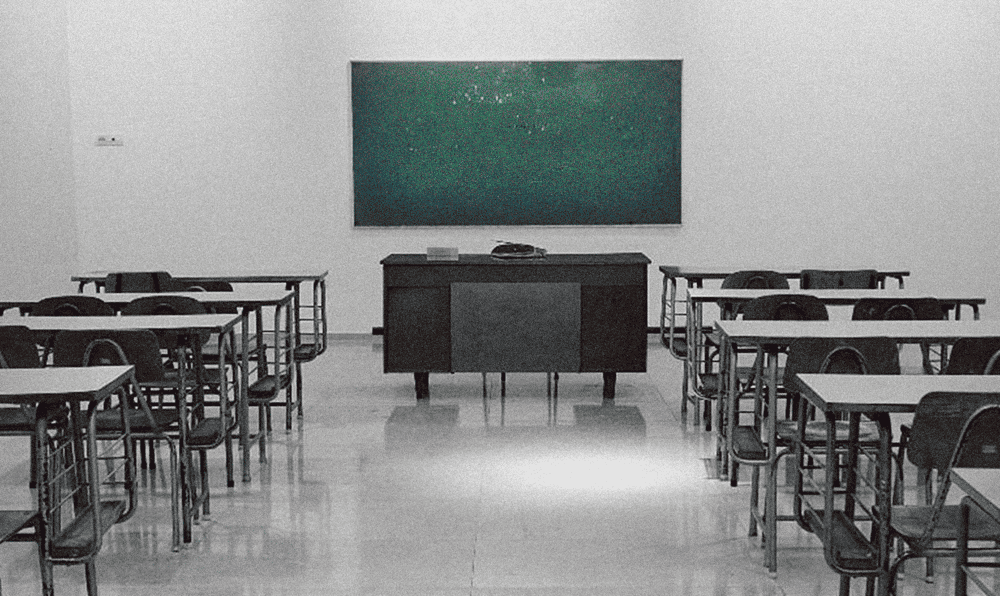July 17, 2024
Mr. Masoud Pezeshkian, President of the Islamic Republic of Iran
We, the undersigned, are calling for a thorough review of the Child and Adolescent Protection Law enacted in 2020, which was approved by the Tenth Cabinet’s Legislative Committee and ratified by the Islamic Consultative Assembly (parliament) with the Guardian Council's endorsement. Unfortunately, due to the supervisory control over elections in the Islamic Republic, the elected members of the parliament often lack the scientific qualification and detailed, expert perspectives necessary for enacting such critical laws. As a result, this crucial law was passed with fundamental flaws. Since the Islamic Republic government is responsible for drafting this law, you, as the new head of the Administration, are obliged to act towards its amendment.
This law contains deficiencies and gaps that could lead to exploitation and violation of children's rights. Some of the urgently needed amendments are as follows:
1. Definition of a Child:
Any individual under the age of 15 should be defined as a "child." The current law states that anyone who has not reached the religious age of maturity is considered a child.
2. Economic Exploitation:
Clause (c) of Article 1 should specify that any employment of children and adolescents contrary to national laws, and any encouragement, persuasion, coercion, or assignment to work or activities that are physically, psychologically, morally, or socially harmful or dangerous, is prohibited.
3. Fictitious Methods for Child Transactions:
Clause (d) of Article 1, related to the transaction and sale of children, should clarify that using fictitious methods such as renting children for labor or child marriage in exchange for money or benefits to the parents or guardians should also be considered illegal transactions.
4. Forced Marriage and Economic Exploitation:
Article 3 of the law addresses situations where children or adolescents are at risk of victimization or harm to their physical, psychological, social, moral health, and security. This article should include that children exposed to forced marriage or any pressure to marry and any employment of them contrary to labor laws or economic exploitation are also instances requiring legal intervention.
5. Incarceration Conditions:
Article 6, related to the responsibilities of relevant institutions in achieving the law’s objectives, should mandate that prisons ensure children and adolescents are held separately from each other and from other prisoners.
6. Health and Medical Care:
Article 6 should also obligate the Ministry of Cooperatives, Labor, and Social Welfare to provide free access to appropriate medical services for working children and their family members.
7. Review and Update of Regulations:
The Ministry of Cooperatives, Labor, and Social Welfare, the Welfare Organization, and the Ministry of Health, Treatment, and Medical Education should be required to annually review, in cooperation with licensed NGOs and associations active in the field of child labor, the executive regulations of the single article (1) and (2) of the law approving the Convention on the Prohibition and Immediate Action for the Elimination of the Worst Forms of Child Labor, and its accompanying recommendation. They should update the list of harmful work for individuals under 18 and submit it to the Cabinet for approval.
8. Punishment for Child Trafficking Offenders:
Article 13, concerning the punishment of child and adolescent trafficking offenders, should specify in a clause that employing trafficked children and adolescents as labor, with the offender’s knowledge of their status, shall result in a sixth-degree imprisonment. In cases of unawareness, the offender shall face one of the eighth-degree punishments as per the Islamic Penal Code.
9. Prohibition of Collaboration with Child Rights Violators:
Article 21 states that if employees of the institutions mentioned in Article 29 of the Sixth Five-Year Economic, Social, and Cultural Development Plan of the Islamic Republic of Iran are involved in the intentional crimes stipulated in this law, they will be subjected to the prescribed punishments, considering the offender’s role, in addition to one or more of the sixth-degree deprivations and prohibitions of the Islamic Penal Code. This article should also include that any contract, employment, use of capacity, and cooperation of the institutions mentioned in Article 29 of the Five-Year Development Plan with individuals, companies, and private institutions that violate children and adolescents' rights contrary to this law is prohibited. In case of violations, the relevant section manager shall be sentenced to the penalty specified in Article 576 of the Fifth Book of the Islamic Penal Code. Article 576 of the Islamic Penal Code (Discretionary Punishments): If any public officials, employees, or agents of the government and municipalities, regardless of their rank or position, misuse their authority to prevent the implementation of government orders, national laws, judicial orders, or any directives issued by legal authorities, they shall be sentenced to dismissal from public service for one to five years.
10. Special Police for Children and Adolescents:
A separate article should emphasize that all stages of handling child and adolescent crimes, including preliminary investigations, prosecution, and execution of sentences, must be conducted exclusively by the special police for children and adolescents. If the special police are unavailable, regular police forces should take precedence, and other judicial officers are prohibited from intervening in crimes committed by individuals considered children under this law.
These amendments are essential to ensure more effective protection of children's rights. We urge all child rights activists, parents, and concerned individuals to sign this petition and make the need for legal reform heard, paving the way for better and more effective support for the children and adolescents of our country.

کودکان و نوجوانان آسیبپذیرترین گروه اجتماعی هستند.